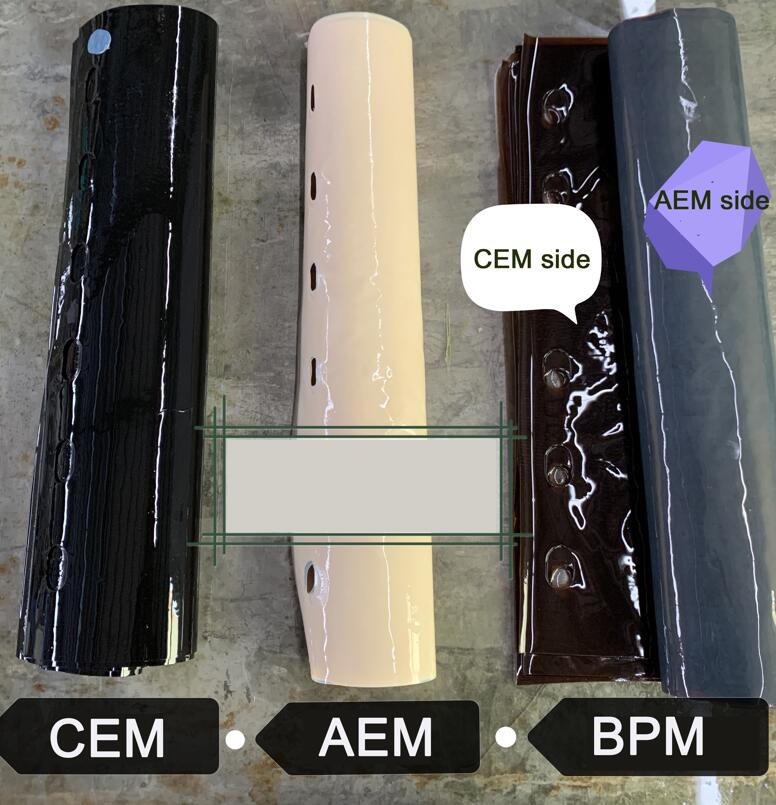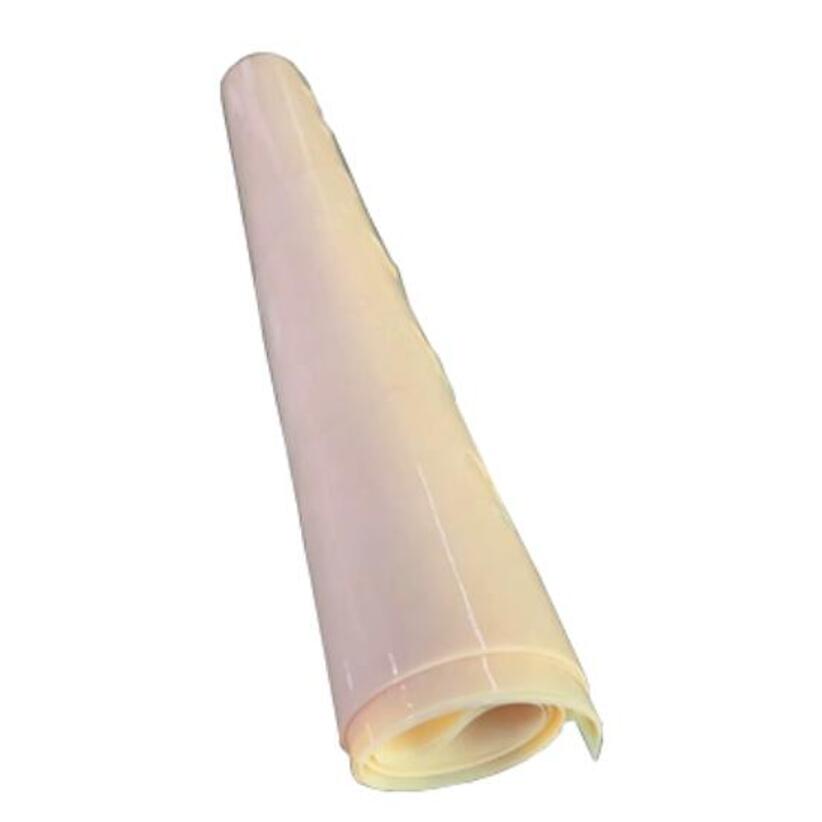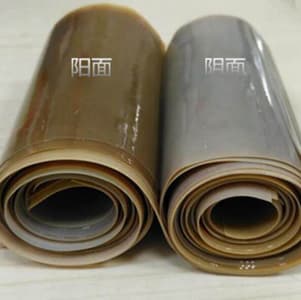About
Homogeneous Cation Exchange MembraneCEM

Homogeneous ion exchange membrane refers to a polymer membrane with ion exchange function. The separation membrane made of styrene-divinylbenzene copolymer is a homogeneous ion exchange membrane, and is divided into cation exchange membranes according to the type of ion exchange groups. and anion exchange membranes, as well as zwitterionic ion exchange membranes with uniform distribution of cation exchange groups and anion exchange groups. Cationic membranes are usually of the sulfonic acid type with immobilized groups and dissociable ions.
Cation exchange membrane is a membrane that has a selective effect on cations, usually sulfonic acid type, with fixed groups and dissociable ions, such as sodium type sulfonic acid type The fixed group is sulfonate, and the dissociated ion is sodium ion . The cation exchange membrane can be regarded as a kind of polymer electrolyte. Since the cation membrane is negatively charged, although the original dissociated positive ions are dissociated into water by the action of water molecules, they are energized outside the membrane through the action of an electric field, and the positively charged ions are dissociated into water. The cations can pass through the cationic membrane, while the anions cannot pass through because of homosexual repulsion, so they have selective permeability.






